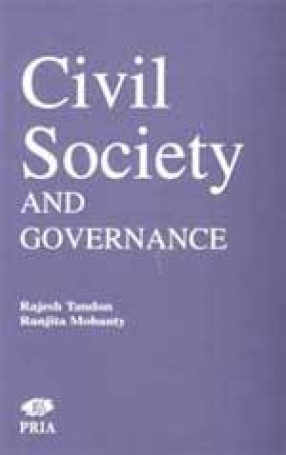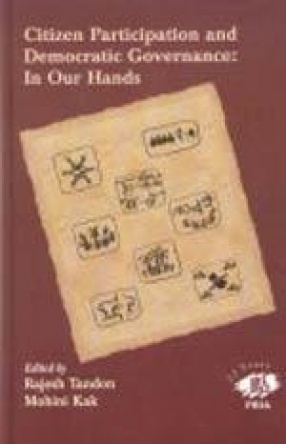
Showing all 4 books


The potential of civil society in influencing governance has gained currency in academic and policy debates in the recent times. This becomes particularly relevant in an old democracy like India where the state has not been able to meet the need for water, shelter, education, and as recent events show even the food requirements of a large number of people, but where a democratic framework of the state provides space and freedom for people to engage in collective ...

The modern state is increasingly capable of dominating the social, political and economic spheres of an individual’s and a community’s life. This intrusion and the consequent infringement on freedom and autonomy have raised questions about the legitimate boundaries of state power., It has also given rise to debates on how civil society can demand and ensure good governance. In this framework, this volume explores and analyses civil society initiatives which ...

According to this volume, the conventional understanding of citizenship is inadequate to capture the complex challenges a large majority of India’s marginalized people face in actualizing their rights and making their voices heard. It offers instead an extended connotation of citizenship and participation from the perspective of those bearing excluded identities - namely, the low caste, the poor, women, and tribals. Based on the experiences of these groups in ...

This collection of eleven essays identifies the parameters of democratic governance from local to national and global levels. Focusing on the issue of citizen participation, it describes the places where possibilities of active citizenship emerge and conditions which facilitate the same. The issues of solid waste management, education of girl child, institutional reforms, empowerment of women and strengthening of citizen leadership have also been addressed. The ...
